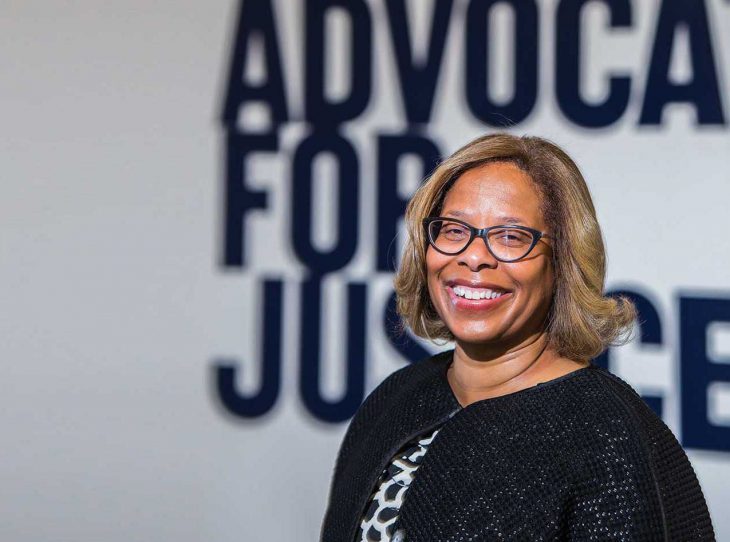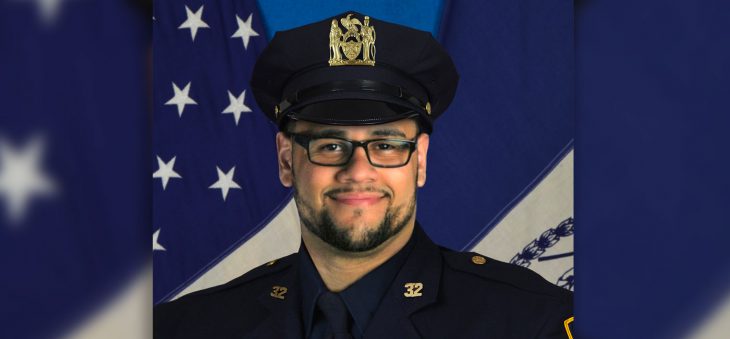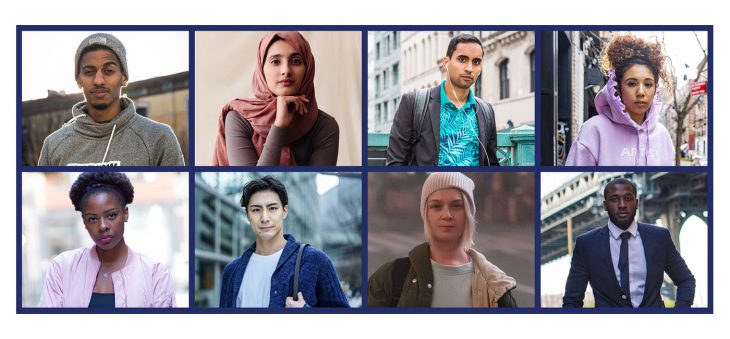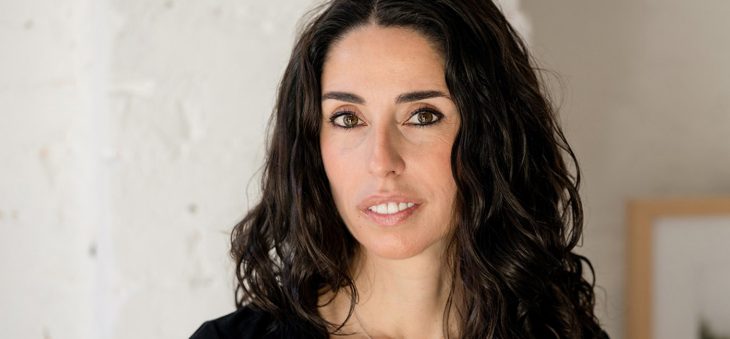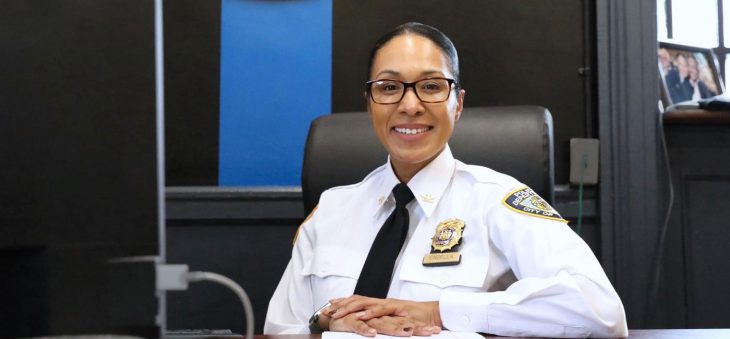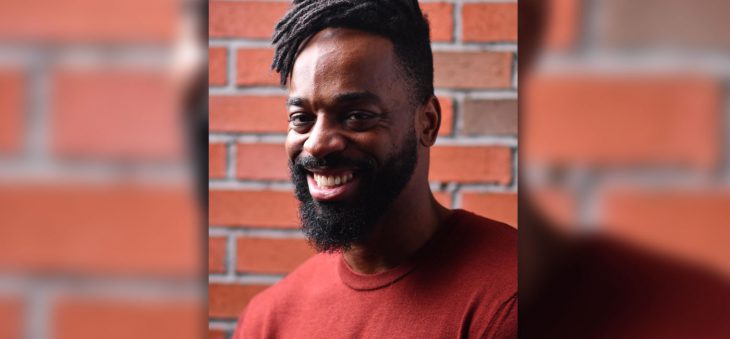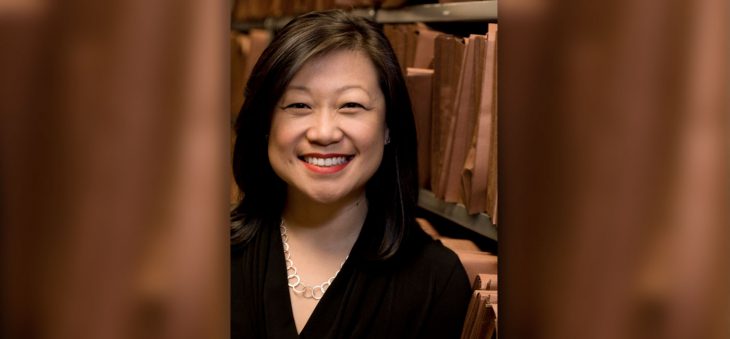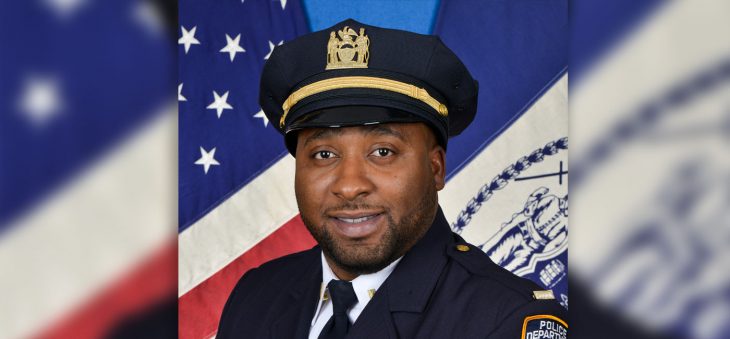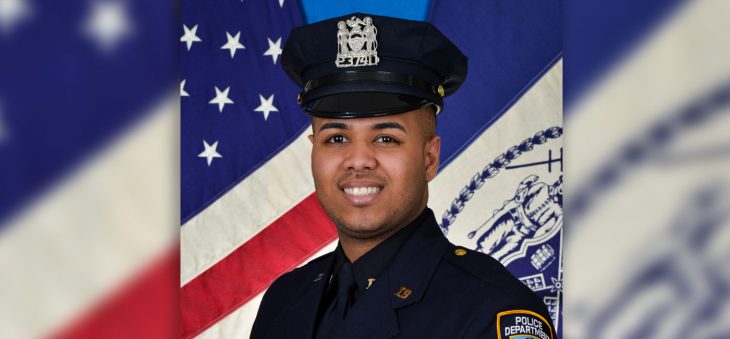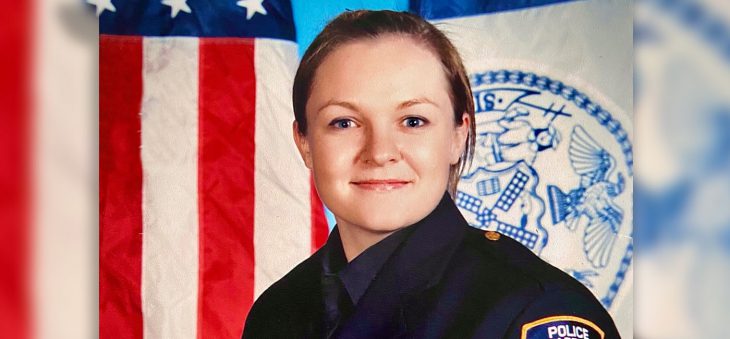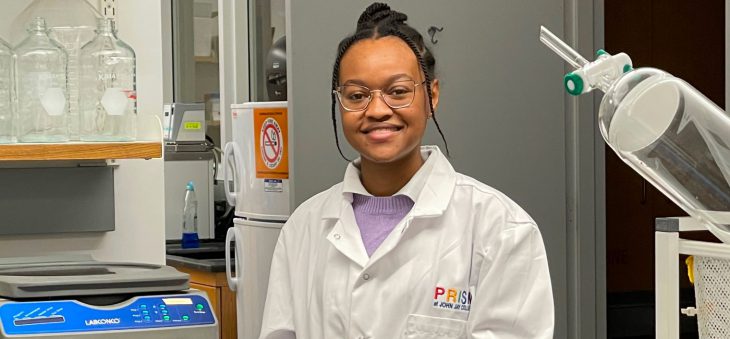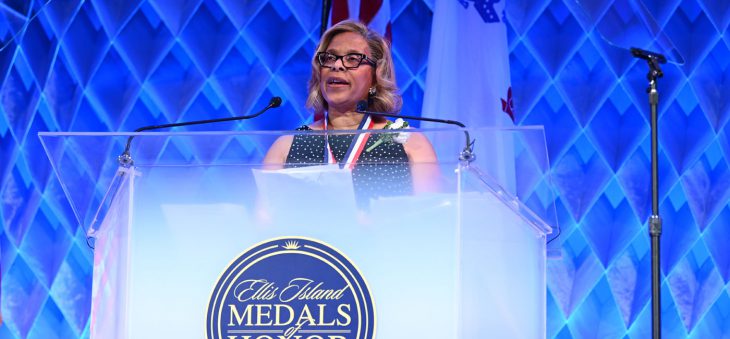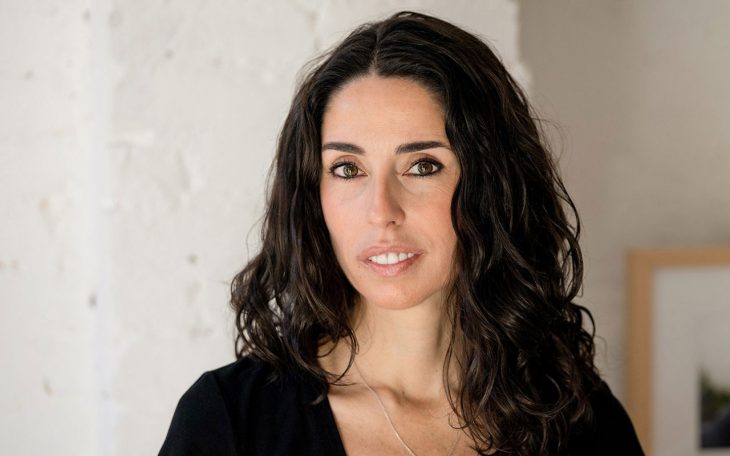Olivia Orta, Ph.D. ’07 blazed a path for John Jay alumni, being the first John Jay grad to earn her doctoral degree from Harvard.
By Andrea Dawn Clark
AS MANY OF OUR students and alumni know, being the first one in your family to get a bachelor’s degree can be a daunting experience. For Olivia Orta, Ph.D. ’07 that “first-gen” experience extended all the way to the Harvard T.H. Chan School of Public Health, where she earned her doctorate degree in Epidemiology. “Looking back at the census in Puerto Rico, we can see that my grandmother was one of the first in the family to report being literate,” says Orta, who graduated Magna Cum Laude from John Jay with a Bachelor of Science degree in Forensic Science. “For her daughter to go on and get her associate degree, and her granddaughter to get a doctorate degree, it makes me really proud of where I come from—a long line of very strong women.” Orta shared with us what she learned throughout her noteworthy academic journey.
WHAT MADE YOU WANT TO ATTEND JOHN JAY COLLEGE?
When I applied to the College, I clearly remember writing an essay about two important things in my life, the first being my lifelong love of science, and the second being the murder of my cousin Richy. I’m an only child, so my cousin was like a brother to me. In my family I was the one in the room talking about mitochondria at eight years old, and he always encouraged me. When he was incarcerated, he would call me and say, “Yo, how’s your studying going? What are you learning? You know I love you, right?” During the time when I was deciding which college to attend, he was murdered. Losing him made me see the connections between criminal justice and science—particularly forensic science. I know I wouldn’t be where I am now without his encouragement.
HOW DID YOUR EXPERIENCE AT JOHN JAY HELP MOVE YOU TOWARD A PH.D. AT HARVARD?
I never grew up saying, “I’m going to go to Harvard.” I didn’t even grow up saying I’m going to get a graduate degree. I grew up saying that I wanted to learn as much as possible wherever I can. I can say with every fiber of my being that throughout my education, I was shaped by the help of others. When I went to John Jay, I started doing research with Anthony [Carpi Ph.D., Dean of Research] and really enjoyed it. After I graduated, I knew I wanted to study epidemiology and biostatistics, so I applied to seven graduate schools. They all said “no”— including Harvard. Those seven rejections really hurt, but I stayed in contact with Anthony and he suggested that we conduct some research together. I continued to work at John Jay as a lab tech during that time. After I earned my master’s degree in Public Health from Hunter College, and I conducted more research of my own, it was Anthony who insisted that I apply to Harvard again. This time I got in.
WHAT WAS IT LIKE AT HARVARD FOR YOU IN THEIR DOCTORAL PROGRAM?
It was a culture shock. I identify as an Afro-Puerto Rican, and walking down the halls of John Jay and living in the South Bronx, I never understood how we were called a “minority” group. We were everywhere. On day one at Harvard, when I met my cohort of new Ph.D. students, I realized I was the only Black or Latinx person in the room. These are your peers. You need to build relationships with them, share resources with them, and hopefully, share your hardships with them. But I found it really difficult to bring my full self to the table at times. That was really distracting from the learning process.
WHAT WOULD YOU SAY TO A STUDENT TRYING TO FOLLOW IN YOUR FOOTSTEPS?
You want to go to Harvard? Good. Apply. You’re worthy. You’re capable. But be prepared, banging down the door to these institutions is only step one. Then you have to exist in these spaces that can be soul crushing. You know how we had the Green Book in the sixties—showing Black people where they could safely go while traveling. I’ve often thought that we need a Green Book for graduate school, a handbook of tips for existing in these spaces and the networks you can tap into. I really feel passionate about formalizing strategies for students of color to thrive in these spaces because they’re going to be facing all the “-isms”—sexism, classism, and racism.
WHAT IS YOUR WORK FOCUSING ON NOW?
I’m officially trained in reproductive perinatal and pediatric epidemiology, which is essentially the process that makes us. I’m interested in applying Black feminism to epidemiological approaches and application; it’s one way I’d like to push the field further. When a researcher uses data from 100,000 people, they have to put some assumptions on the statistical modeling, and even some assumptions on what exposures to look at more closely. These assumptions are implicitly driven by our lived experience. If your lived experience has very little to do with living around people of color, that is going to be reflected in your questions, your approach, and the implications of your findings. Going back to what I would tell the young people who are trying to apply to grad school, I’d like to add this: Do it because who does the research matters.

